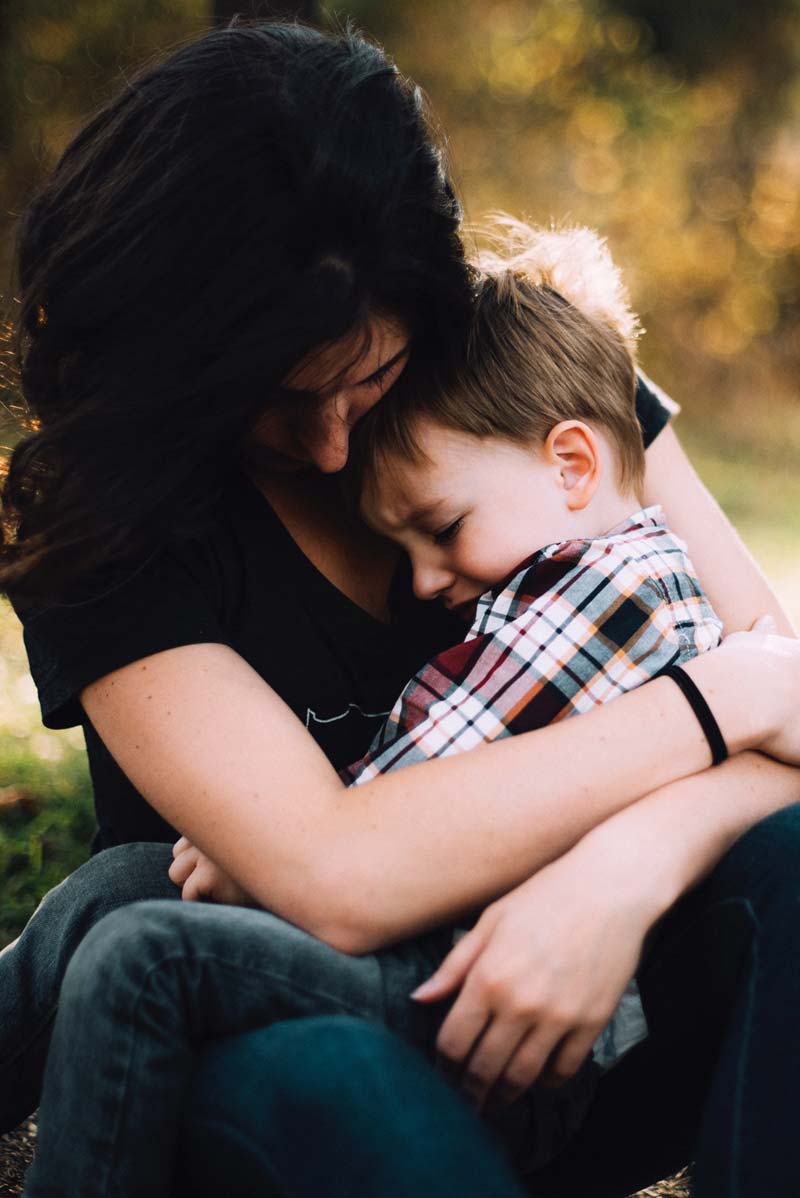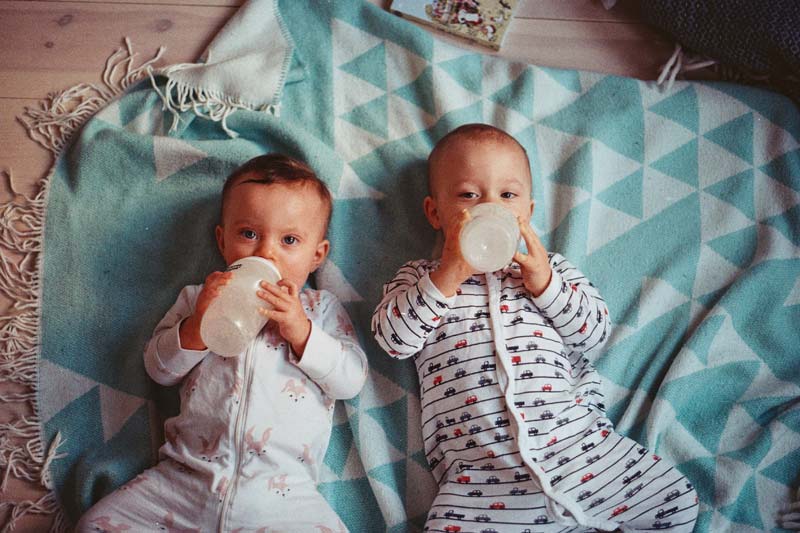Attachment
Disorder
- Sensory Processing challenges
- Medical diagnosis of child, such as Autism, Failure to Thrive to name a few
- Medical diagnosis of parent such as Post-Partum Depression
- In utero trauma
- Loss of birth mother to adoption and / or foster care
- Surrogate birthing
- Longer term separation in NCU after birth
- Sub economic circumstances leading to neglect of nurture
- Parent history of trauma or current experience of trauma
- Childhood trauma; physical or verbal abuse
- Child witnessing abuse or trauma in household

Many children are referred to occupational therapy for sensory processing and / or behavioral challenges. Each child carries a unique profile with a unique background. We frequently find an overlap of sensory processing challenges and attachment difficulties driving the behavior of the child. The assessment and intervention of children who face attachment challenges will be significantly different as the driving force behind the profile is different.
Our Unique Evaluation
- Principles of trauma informed care
- The impact of sensory processing on the relationship of the parent and child
- Overall development in gross and fine motor skill
- The different attachment profiles, such as secure, avoidant, ambivalent or disorganized and how this relates to overall development.
- Portions include parent and child interaction
- Social-emotional assessment batteries are included
- The impact of developmental delay on executive and academic performance

Children struggling with attachment difficulties will frequently hold on to sensory modulation profiles to serve as protection for their emotional insecurity. This is very important to consider in planning the roadmap of intervention. As occupational therapists we do not diagnose, but we consider the different profiles within our model of care as we take this journey with the family.
Our Unique Intervention Program:
- The roadmap includes both parent and child
- The emphasis for the parent is to assist with stress relief and provide supportive strategies for the home environment
- The parent and child work together in tandem with the therapist in the Floortime sessions from the initiation of the program
- Access to a mental health counselor is integral to the program.
- The child will travel through a 3-tier journey of a developmental hierarchy, targeting foundational skills first, then organizational and finally the executive and academic phase.
Are you ready to learn more about our unique and specialized approach? Schedule A Free Consultation today!
Testimonial

Thankful mom – January 2020
We adopted our twin boys at 6 mos old. They were born premature at 3lbs and 5 lbs in a foreign country. They went directly to a foster family after delivery. No NICU. No hospital stay. Despite being so tiny, they seemed to develop well.
Parent – March 2013
Our days are clearer since we started coming to ATA. There is a new found feeling of hope and understanding in our family. My kids love coming here and I believe ATA gives all of the children the tools they need to reach their fullest potential. They identify the cause/causes of why things are the way they are and then there is a plan. Our plan involved Tomatis.


We adopted our twin boys at 6 mos old. They were born premature at 3lbs and 5 lbs in a foreign country. They went directly to a foster family after delivery. No NICU. No hospital stay. Despite being so tiny, they seemed to develop well. As time went on we started noticing delays, extreme sensitivity to sounds, anxiety, unexplainable reactions to things…..
Through a friend, I heard about A Total Approach. Our experience there was a total Godsend! They understood my boys like no one ever has. They met my boys at my boys level and together we as a family, with Maude and her team, grew in leaps and bounds. As my boys progressed, we as a family progressed. Such a beautiful thing to witness and to be a part of. Our process at A Total Approach was one that was filled with commitment and love. Not only was there a light at the end of the tunnel, but A Total Approach took us to the light and beyond. There is no doubt in my mind that my boys would not be where they are today physically, socially and academically without A Total Approach. Our family is so grateful. A Total Approach will forever have a special place in our hearts.
Thankful mom – January 2020

Our days are clearer since we started coming to ATA. There is a new found feeling of hope and understanding in our family. My kids love coming here and I believe ATA gives all of the children the tools they need to reach their fullest potential. They identify the cause/causes of why things are the way they are and then there is a plan. Our plan involved Tomatis.
There is continuous feedback and communication during each session of Tomatis. After the last session there’s a video of your child and the therapist during a session of play. While viewing this video there are breaks throughout the video that explain behavior/activities that are occurring during the session. The video is a wonderful way to acknowledge, appreciate and document your child’s progress.
ATA shows you the light at the end of the tunnel….then together they take you to that light! It has been such a remarkable, unbelievable journey for our family!
